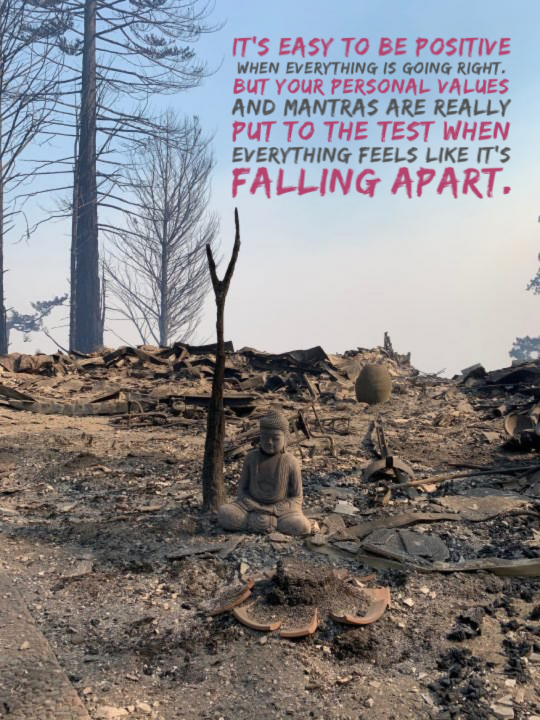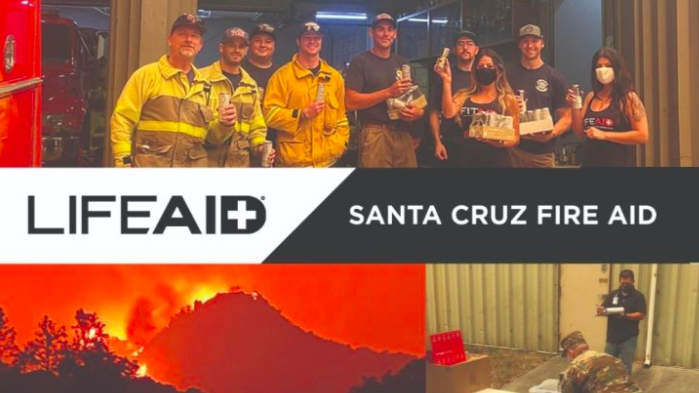How are gratitude and fitness correlated?
Attitude of Gratitude
Yes, being grateful will improve your workout. Here is why:
Gratitude, joy, and happiness are closely related concepts that have been studied by researchers in the field of positive psychology. While all three are associated with positive emotions, there are subtle differences in their meanings and the ways in which they impact physical health.
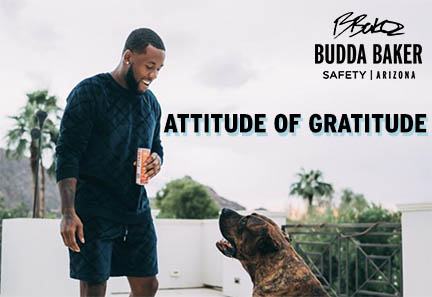
What is gratitude?
Gratitude is the feeling of appreciation or thankfulness for something or someone. It is the recognition of the good things in one's life and the realization that these things come from external sources. Studies have shown that gratitude is associated with improved psychological well-being, including increased life satisfaction and decreased depression and anxiety. Additionally, research has found that gratitude is associated with improved physical health. For example, a study published in the journal Personality and Individual Differences found that gratitude is positively associated with heart rate variability, a measure of cardiovascular health. Other research has found that gratitude is associated with better sleep and improved immune function.
Is joy is the spice of life?
Joy is a feeling of delight or pleasure, often associated with positive experiences or accomplishments. Joy is typically considered to be a more intense and fleeting emotion than gratitude. Studies have found that joy is associated with increased positive affect and improved psychological well-being. Additionally, research has suggested that joy is associated with improved physical health, including decreased inflammation and improved cardiovascular health.
Does happiness affect your fitness?
Happiness is a broad term that is often used to describe a general sense of well-being or contentment. Unlike gratitude and joy, happiness is not necessarily tied to a specific event or experience. Studies have found that happiness is associated with improved psychological well-being, including increased life satisfaction and decreased depression and anxiety. Additionally, research has suggested that happiness is associated with improved physical health, including decreased inflammation and improved cardiovascular health.
How is physical health related to one’s attitude?
Physical health and fitness are closely related to one's mental attitude. Positive mental attitude (PMA) can help encourage good workouts and athletic performance. Studies have shown that athletes who have a positive mental attitude tend to perform better than those who have a negative one. For example, a study published in the Journal of Sport Psychology found that athletes who had a positive mental attitude were more likely to report higher levels of self-confidence, which in turn was associated with better athletic performance.
How can gratitude help my athletic performance?
Athletes can benefit from practicing gratitude, joy, and happiness, as these positive emotions can help improve their mental attitude and thus their athletic performance. For example, a study published in the Journal of Applied Sport Psychology found that athletes who regularly engaged in gratitude exercises reported higher levels of satisfaction with their athletic performance and their lives overall. Additionally, research has suggested that athletes who are able to maintain a positive mental attitude are better able to cope with the stress and demands of their sport.
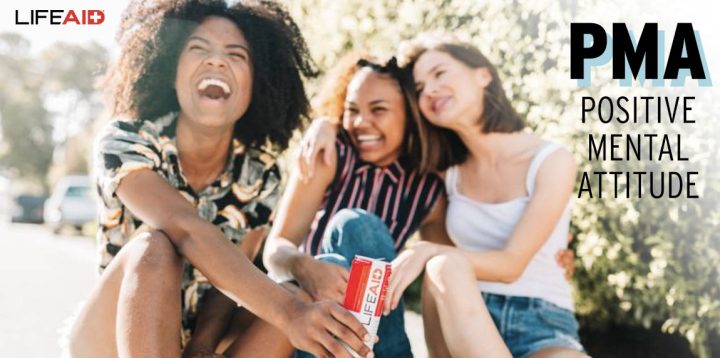
References:
-
- Emmons, R. A., & McCullough, M. E. (2003). Counting blessings versus burdens: an experimental investigation of gratitude and subjective well-being in daily life. Journal of personality and social psychology, 84(2), 377.
- Wood, A. M., Joseph, S., & Linley, P. A. (2008). The role of gratitude in the development of social support, stress, and depression: two longitudinal studies. Journal of research in personality, 42(4), 854-871.
- Algoe, S. B., Haidt, J., & Gable, S. L. (2008). Beyond reciprocity: gratitude and relationships in everyday life. Emotion, 8(3), 425.
- Emmons, R. A. (2007). Thanks! How the new science of gratitude can make you happier. Houghton Mifflin Harcourt.
- Wood, A. M., Froh, J. J., & Geraghty, A. W. (2010). Gratitude and well-being: a review and theoretical integration. Clinical psychology review, 30(7), 890-905.
- Froh, J. J., Yurkewicz, C., & Kashdan, T. B. (2009). Gratitude and well-being: a review and theoretical integration. Clinical psychology review, 29(3), 72-90.
- Froh, J. J., Sefick, D. J., & Emmons, R. A. (2008). Counting blessings in early adolescents: an experimental study of gratitude and subjective well-being. Journal of School Psychology, 46(2), 213-233.
- Wood, A. M., Maltby, J., Gillett, R., Linley, P. A., & Joseph, S. (2008). The authentic personality: a theoretical and empirical conceptualization and the development of the Authenticity Scale. Journal of counseling psychology, 55(3), 385.
- Seligman, M. E., Steen, T. A., Park, N., & Peterson, C. (2005). Positive psychology progress: empirical validation of interventions. American psychologist, 60(5), 410.
- Gable, S. L., Reis, H. T., Impett, E. A., & Asher, E. R. (2004). What do you do when things go right? The intrapersonal and interpersonal benefits of sharing positive events. Journal of personality and social psychology, 87(2), 228.
SUMMARY:
In conclusion, gratitude, joy, and happiness are closely related concepts that have been linked to improved psychological well-being and physical health. These positive emotions can be cultivated through simple practices, such as keeping a gratitude journal or engaging in activities that bring joy and happiness. Additionally, athletes can benefit from practicing gratitude, joy, and happiness, as these positive emotions can help improve their mental attitude and thus their athletic performance. Overall, it is important to be mindful of the many ways in which positive emotions can improve our overall well-being, both physically and mentally.

![]()
Amidst the current COVID-19 crisis, it is our health care heroes who have helped sustain us, the brave women and men who are tirelessly battling on the front lines of this pandemic with smiles under their masked faces. To each and every one of you, for your sacrifice and your bravery, we say THANK YOU.
This month, LIFEAID has donated over 30 pallets of FITAID ZERO to more than 150 hospitals worldwide to help fuel the dedicated paramedics, nurses and doctors on their rounds. Here are just a few of the many heroes who wear masks. We could not get through this time without you!

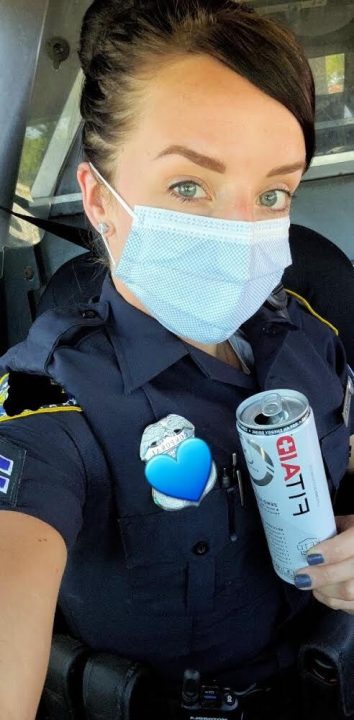 WPB Medical Center in Virginia
WPB Medical Center in Virginia
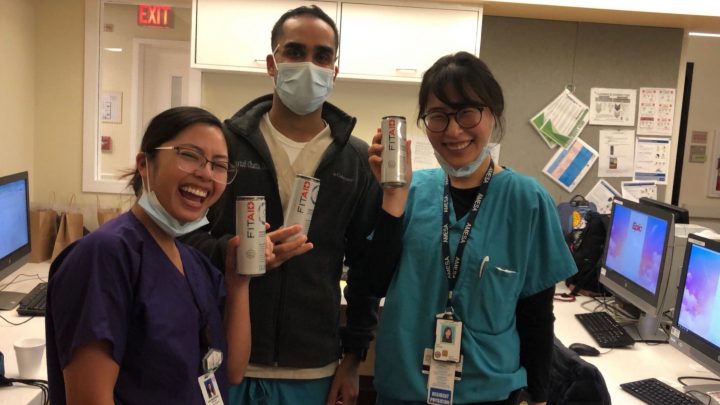
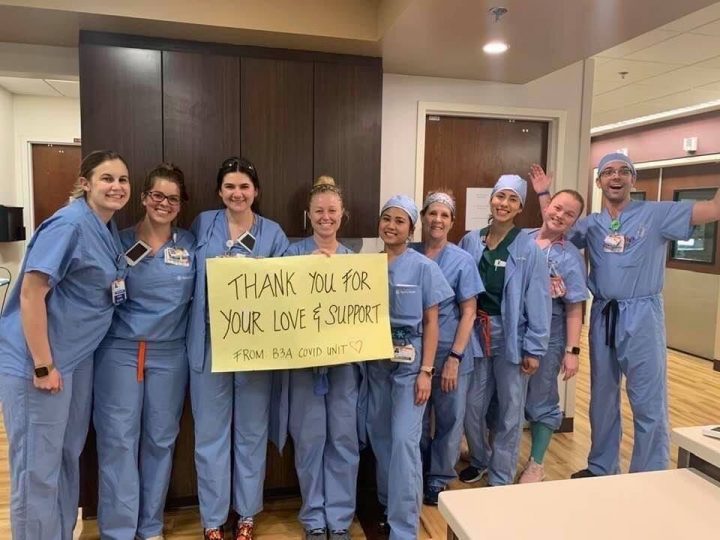 Loma Linda University Medical Center in California
Loma Linda University Medical Center in California
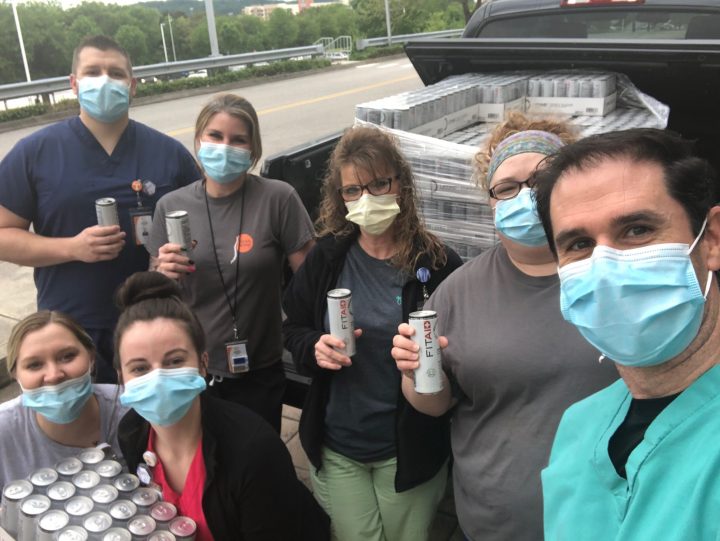 Covenant/Fort Sanders Regional Hospital in Tennessee
Covenant/Fort Sanders Regional Hospital in Tennessee
 Columbia Memorial Health in New York
Columbia Memorial Health in New York
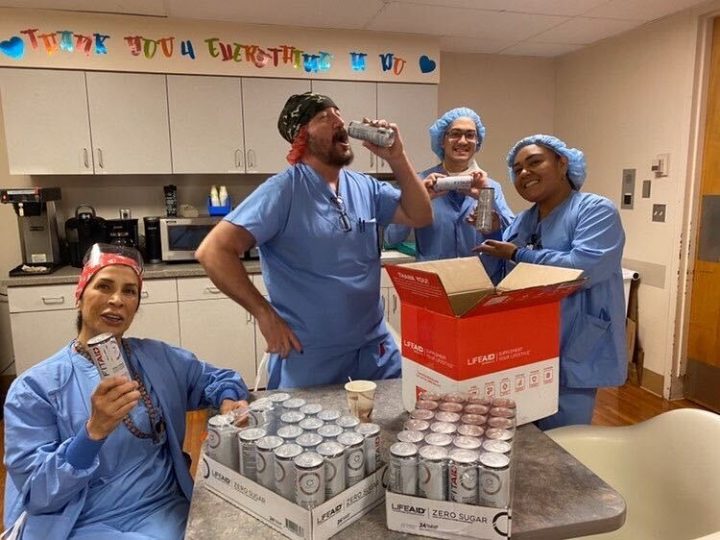 Scripps Memorial Hospital La Jolla in California
Scripps Memorial Hospital La Jolla in California
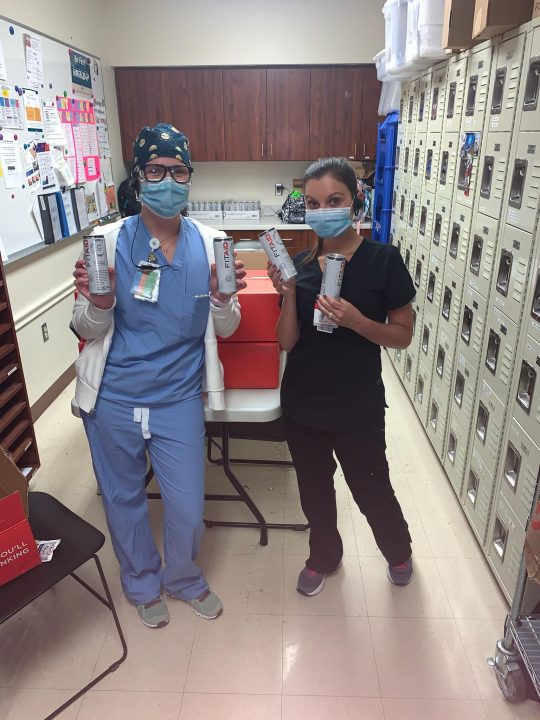 Trident Hospital in South Carolina
Trident Hospital in South Carolina
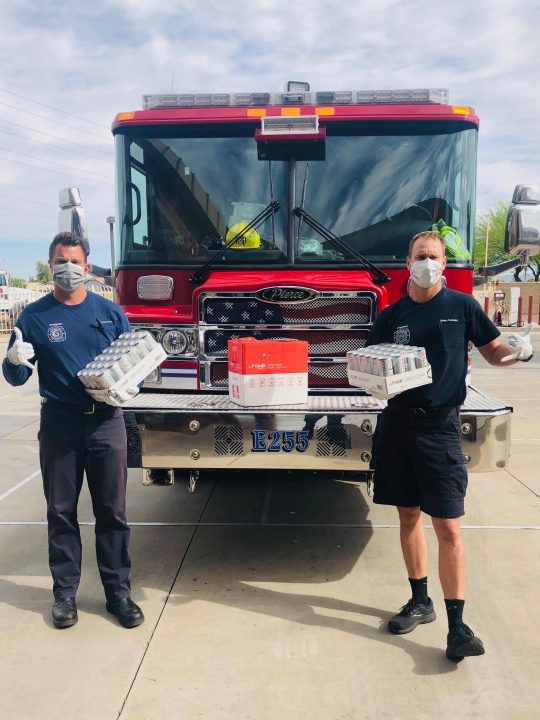
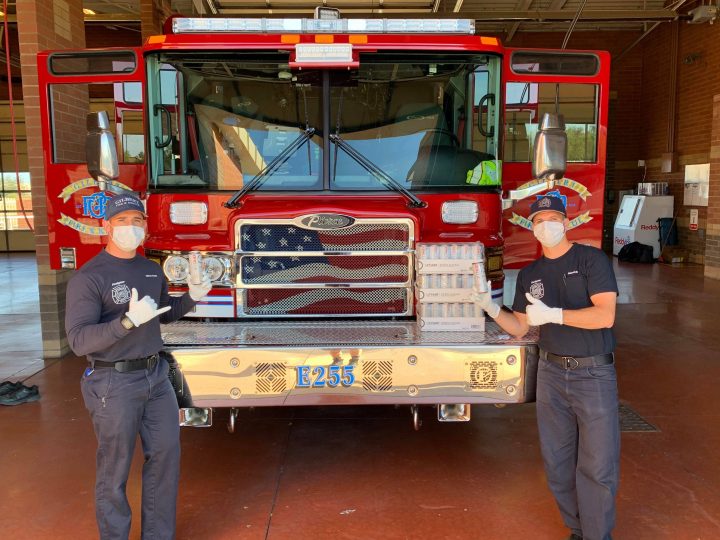 Gilbert Fire Department in Arizona
Gilbert Fire Department in Arizona
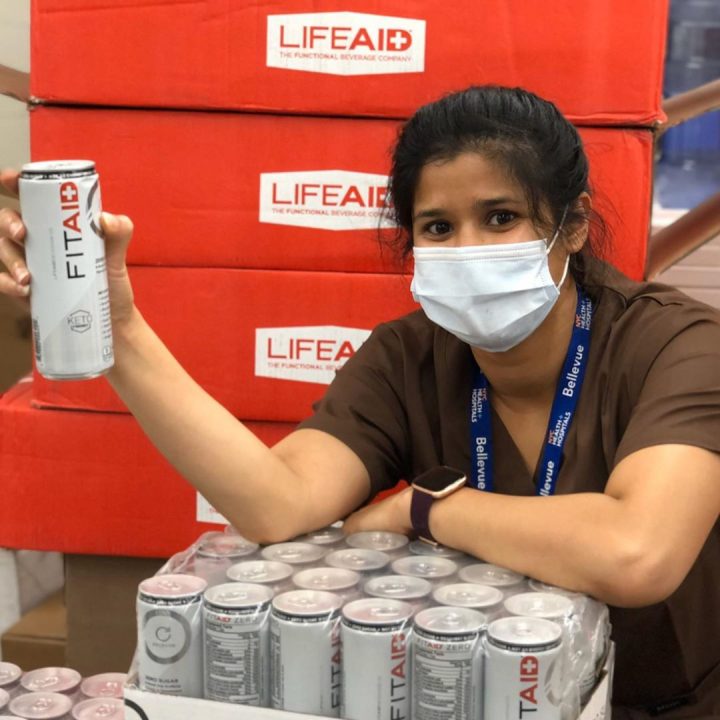 Bellevue Pharmacy in New York
Bellevue Pharmacy in New York
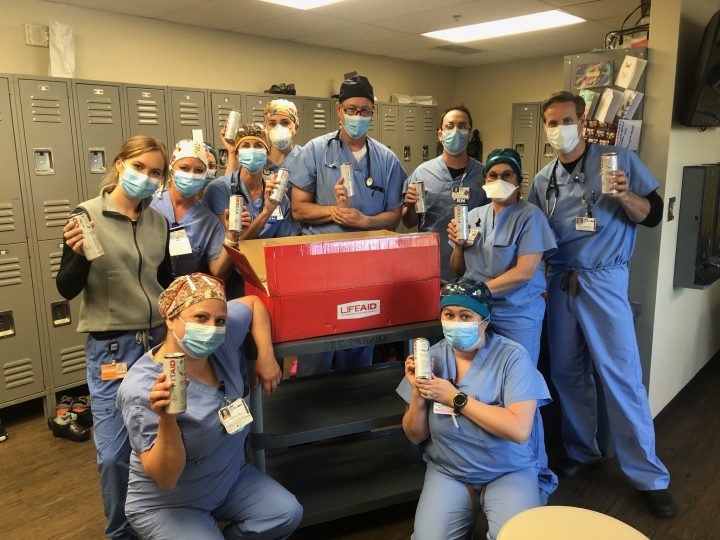 St. Luke’s Health System in Wisconsin
St. Luke’s Health System in Wisconsin
THANK YOU TO ALL OF OUR HEALTH CARE HEROES!
> > > Stay well.
Gratitude
... and giving thanks are always topical around the holiday season. It’s a perfect opportunity for us to reflect on the multitude of blessings we have in our lives including family, friends, work, health ...
On the flip side, it is much less intuitive to be grateful for the difficult situations and challenging people in our lives in the same way we are for the good people and good things. (Think about the family member we avoid all year long but who we have to hang out with at Thanksgiving.)
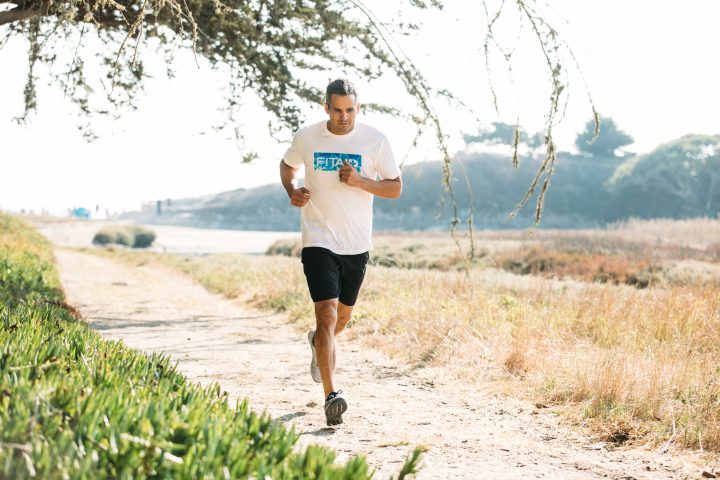
You may be thinking, “Why the heck would I give thanks for this hard situation or that difficult person?” These situations and individuals obviously provoke a negative emotional response of anger, frustration or even pain.
But if we peel back the initial emotionally charged layer, there is typically a virtue hiding right underneath the surface, a lesson that will allow us to elevate beyond the anger or frustration to a place of gratitude. We can be thankful for the difficult situation or person who helps teach us to be be more patient, selfless or kind. These virtues of acceptance, patience, humility and unconditional love help fuel us to be the best version of ourselves. As Tony Robbins says, “Life is not happening to us, it’s happening for us.”
So the next time we find ourselves in a challenging situation or with a difficult person (maybe at the Thanksgiving dinner table), let’s move quickly past any negative initial gut reaction and on to the deeper understanding of gratitude, realizing the ultimate lesson these situations and individuals and there to teach us.
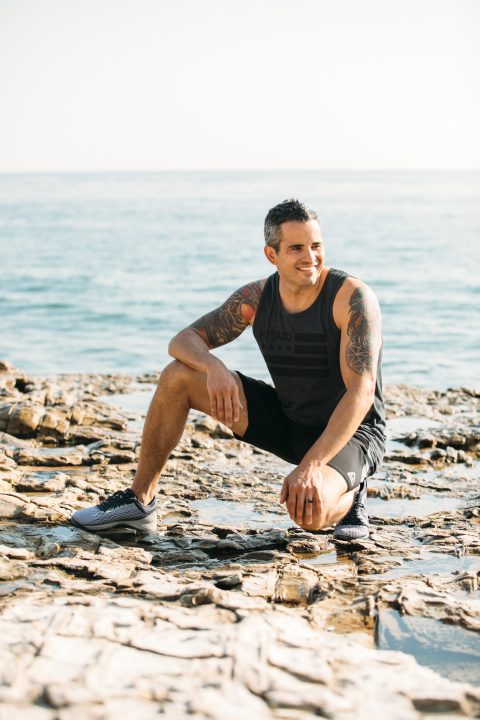 I know it may be counter-intuitive, but the most rewarding depths of gratitude often come from those moments we would be least likely to offer thanks for at first glance.
I know it may be counter-intuitive, but the most rewarding depths of gratitude often come from those moments we would be least likely to offer thanks for at first glance.
It is the lessons born from those challenging situations or people—teaching us, helping us to grow and become better versions of ourselves—which is where true gratitude resides.
May your holiday season be filled with gratitude and opportunities to give thanks, equally in both the easy and challenging moments of your life.
To learn more about Aaron, follow @aaronhinde on Instagram.
> > > Live well!
